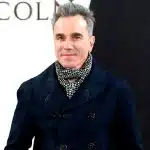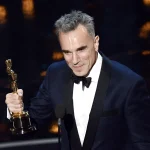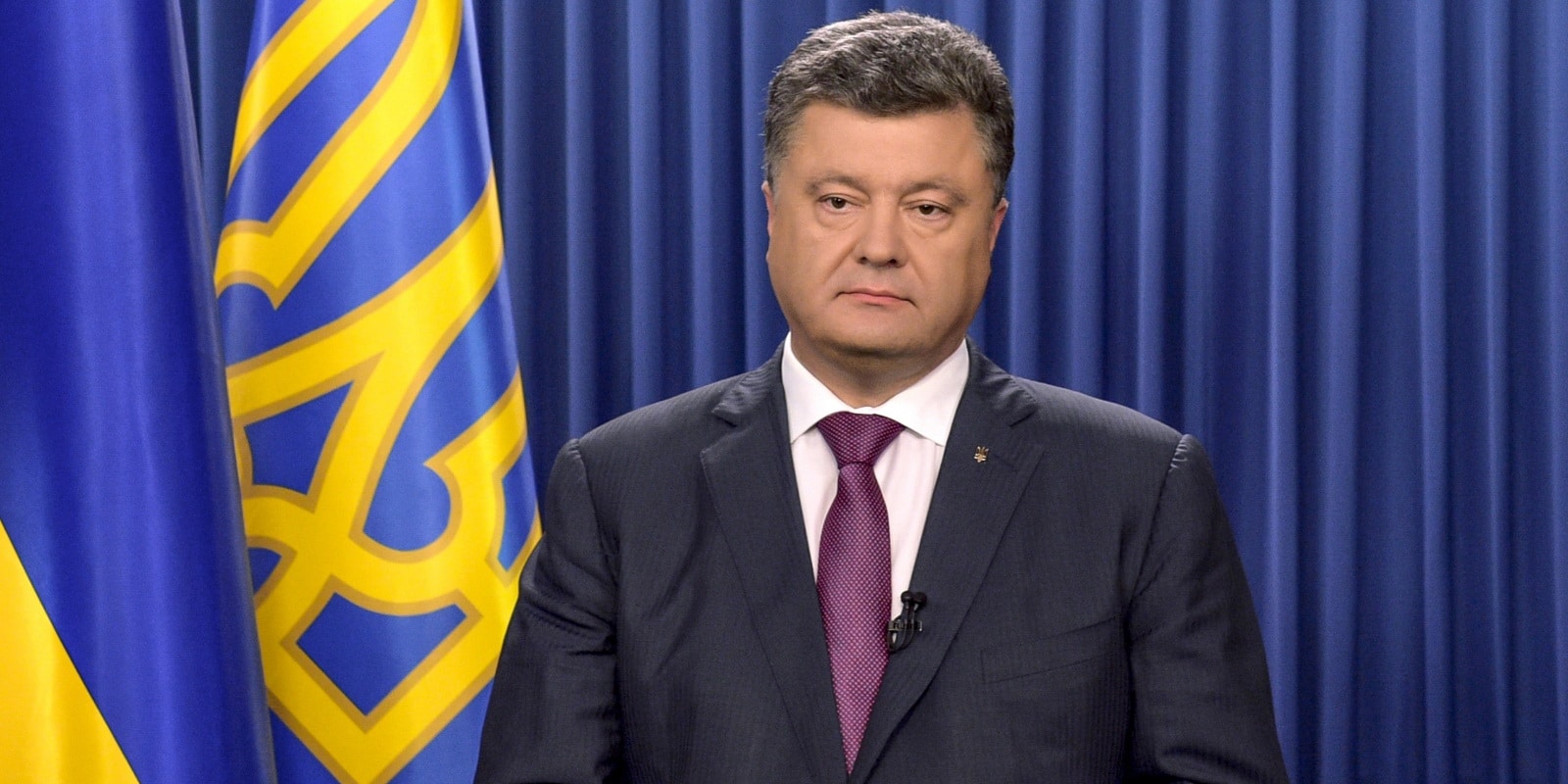The Lord of the Rings
All three films of “The Lord of the Rings” trilogy have been immortalized in history as some of the most watched, most revered, and highest-grossing films of all time, with “The Lord of the Rings: The Return of the King,” The Lord of the Rings: The Two Towers,” and “The Lord of the Rings: The Fellowship of the Ring” ranking 27th, 61st, and 70th on the list of the top grossing movies. One of the fan favorites from the trilogy is Viggo Mortensen who plays Aragorn, Isildur’s sword-wielding heir who earned their universal recognition as the true lead through his ability to portray a wide range of emotions, entertain them in thrilling action scenes, and touch their hearts with a romantic storyline. Unknown to many fans, the man they have hailed for his perfect portrayal and embodiment of Aragorn was not the director’s first choice for the role.

In 2001, Peter Jackson directed an adaptation of J. R. R. Tolkien’s novel “The Lord of the Rings,” which was produced and distributed by New Line Cinema in collaboration with WingNut Films. The novel was adapted into three films, “The Fellowship of the Rings,” “The Two Towers,” and “The Return of the King.” The process of adapting the book into the trilogy had begun years before the release of the first film in 2001.
“The Lord of the Rings” began breaking records long before its release. In April 2000, a year before the release of the first film in the trilogy, “The Fellowship of the Rings” broke the record to become the most downloaded trailer in history. The release of the actual movie the following year was met with a worldwide rush to film theatres, as people thronged cinemas to experience the highly publicized film. Within the first week of its release, it broke the record previously held by the first “Harry Potter” film by selling 1.27 million copies. The film was critically acclaimed and went on to make over $870 million, yielding close to tenfold profits since its production cost was just $93 million.
After a successful first film, production for the second and third films in the trilogy began immediately. Since the two were filmed back-to-back, they broke the record for the longest film shoot with 274 days and 16 months of filming. “The Two Towers” was released in 2002, while “The Return of the King” was released a year later; both exceeded the returns of the first film by significant margins, with the highest-grossing film of the three, “The Lord of the Rings: The Return of the King,” generating revenue of over $1.1 billion worldwide.
The success of the trilogy inspired a second film series comprising three movies – “The Hobbit: An Unexpected Journey,” The Hobbit: The Desolation of the Smaug,” and “The Hobbit: The Battle of the Five Armies.” The three-film series capitalized on the strong foundation laid by the initial trilogy, which cultivated a large fan base, inspired a “The Lord of the Rings”-themed popular culture, and established a foundation for the success of similar film franchises. In 2022, a prequel to “The Lord of the Rings” trilogy entitled “The Lord of The Rings: The Rings of Power” was released, on Prime Video and followed the trajectory of all other films in the franchise, becoainge the biggest premiere in the history of the streaming platform.
Over the years, the film trilogy has received multiple nominations, and won several awards – between 2001 and 2003, the Academy Award for Best Music, Cinematography, Make-up and Hairstyling, and Visual Effects. The trilogy also won the Screen Actors Guild Award for Outstanding Performance by a Male Actor in a Supporting Role (Ian McKellen), People’s Choice Award for Favorite Movie, BAFTA Award for Best Film, BAFTA Award for Best Direction, Nebula Award for Best Script,” and the Australian Film Institute Award for Best Foreign Film among other awards.
Casting and Auditions
The success of the initial trilogy was, in part, attributed to the cast. The director, Peter Jackson, vowed to preserve the integrity of the story, so took all the actors and actresses who auditioned for parts in the films through a rigorous casting and auditioning process to ensure that every character was authentic, and the players perfectly suited for their role.
The lengthy process began in 1997, when discussions of the casting approach were held. A proposal to include American film stars was tabled – some of the names discussed included Morgan Freeman for the role of Gandalf, and Daniel Day-Lewis for Aragorn – Lewis was director Jackson’s first choice for Aragorn. Mira Sorvino and Ashley Judd were also suggested for roles in the trilogy. In the initial discussion stage, Jackson’s list included Ian Holm and Cate Blanchett for the roles of Bilbo and Galadriel alongside Lewis.
After the preliminary discussions, Jackson went to work on upholding his promise to honor the integrity of Tolkien’s work through casting. He adopted a novel approach of involving the fans in his casting decisions, by asking their opinions, sharing casting ideas, and dropping hints when the final decisions were made. However, the fans were not privy to one aspect of casting – when the casting calls were put out, the interested actors and actresses were not issued a script, to protect the privacy of the film. Interested cast members were furnished with a script once they arrived for an audition. The decision led to various reactions from the interested actors, which helped Jackson evaluate their commitment and suitability for their roles. For instance, Elijah Wood engaged a writer, filmmaker, voice coach, and a few friends to help make his audition tape. Jackson was highly impressed and called Wood himself to offer him the role of Frodo Baggins.
Overall, the cast of “The Lord of the Rings” films is a testament to the effectiveness of Jackson’s efforts, in ensuring that he cast the perfect actor or actress in every role. However, Jackson made one controversial decision when he fired Stuart Townsend, the actor he had chosen to play Aragorn, the day before filming was set to begin. His decision raised the inevitable question – “Why was Stuart Townsend fired as Aragorn in “The Lord of the Rings?”
Stuart Townsend
Stuart is an Irish actor, born in 1972 to an Irish mother and an English father. Stuart knew he wanted to venture into acting early in life, and applied to schools and programs that would help him establish his career, such as the Gaiety School of Acting in Dublin. He made his professional acting debut in the early 1990s in “True Lines,” which was featured in the Dublin Theatre Festival and the Bush Theatre in London. The majority of his early appearances were in Irish short films, such as “Summertime” and “Godsuit” in which he honed his craft, His efforts paid off when he was featured in the British Film “Shooting Fish.”
Audition and Casting
When the casting calls for “The Lord of the Rings” came, Stuart had the relevant experience and possessed the appeal that Jackson sought for the role. He was well known to British audiences, and wouldn’t require much training to fit into the role of Aragorn. However, Jackson had another character in mind for the role. The director favored Daniel-Day Lewis for the role of Aragorn, and made a good offer to the actor, hoping to entice him into accepting the now iconic part. Lewis turned down the first offer, prompting Jackson to raise his offer, but unfortunately for Jackson, Lewis turned down every offer.
Stuart’s good fortune began when Jackson gave up, and decided to consider other actors for the revered role. However, the studio made an offer for the role to a second actor – their second choice was Russel Crowe, a veteran actor who was preferred for his experience. Fortunately for Townsend, Russel turned down the role as well, citing a scheduling clash since he would be filming “A Beautiful Mind” concurrently with the filming of “The Lord of the Rings: The Fellowship of the Ring.” Additionally, Russel didn’t buy into Jackson’s vision for the trilogy, and didn’t think that the franchise would be a hit at the box office, for the percentage of earnings he was offered to be worth the time and effort he put into the film. Subsequently, a third offer was made, to Nicolas Cage, but who also turned it down.
After the first three choices for the role of Aragorn turned down the opportunity, Jackson began the process of auditioning other actors for the role; one other well-known actor who tried out was Vin Diesel. However, Stuart Townsend impressed the director and his team, making him Jackson’s fourth choice for the role, although unlike the first three choices, Stuart was unknown beyond Ireland, and only vaguely known in England. He accepted the role happily, excited to venture his craft beyond his native Ireland and the neighboring England. He immediately joined the rest of the cast for training and rehearsals until two months into rehearsals, when he was replaced right when filming was scheduled to begin.
Fired and Replaced
The news of his replacement caught Stuart and his co-workers in the show by surprise. He’d worked with his fellow castmates for two months, training for the fight scenes that required combat skills, reading his lines with other characters to create a good flow of dialogue and deliver an exceptional performance. He had established a good working and personal relationship with his colleagues in the show, who were sad and shocked at his departure.
Google: “Stuart Townsend LOTR” pic.twitter.com/0tGASkwq1f
— TheOneRing (@theoneringnet) November 19, 2019
According to the disgruntled actor, he was removed from the cast following Jackson’s change in preference, and decision to go with an actor who was 20 years his senior. However, the producer cited a lack of confidence in Stuart’s ability to portray Aragorn well. According to Jackson, Stuart lacked confidence throughout the rehearsal period, and his insecurities were evident to other members of the production team.
Second, Stuart missed several training and rehearsal sessions whose outcomes were integral to his character, such as some sword-fighting classes that Stuart in the pre-production phase. Finally, Jackson overheard an interaction between Ian McKellan and Stuart in which the seasoned actor observed that Stuart didn’t want to be in the film, which observation confirmed Jackson’s worries that Stuart wasn’t as self-assured as he purported to be and wouldn’t work out.
When Jackson made the decision to terminate Stuart’s contract, he informed the rest of the cast and production team, and took responsibility for both the decision to replace Townsend and the initial decision to hire him amid reservations by the studio. At the time of the termination of his contract, Stuart had made friends and established camaraderie with the cast. Although he didn’t get to work with them on the trilogy, Stuart has remained good friends with several of them. However, he remains bitter towards the director, who wanted him to play the role, then changed his mind and went with a different direction, particularly since he wasn’t compensated, and was considered to be in breach of contract
Stuart Townsend: Then and Now
After missing out on a huge breakout role that would have put him on the global stage, Stuart bounced back from his infamous firing and replacement and ventured beyond Ireland and England, and has since been cast in multiple films in both leading and supportive roles. Some of his well-known roles include that of Olly Pickering in “The Best Man,” Paul in “A Stranger in Paradise,” Dorian Gray in “The League of Extraordinary Gentlemen,” and “Guy Malyon in “Head in the Clouds.” He has held roles on television such as Del Gruner in “Elementary,” Jack McAllister in “Betrayal,” Dr. Samuel Wainwright in “Salem,” Declan Trask in “Law & Order: Special Victims Unit,” and XIII in “XIII: The Series,” for which he won WorldFest’s Best Actor award.
Besides acting, Stuart is also a director, screenwriter and producer.






